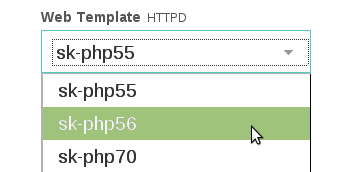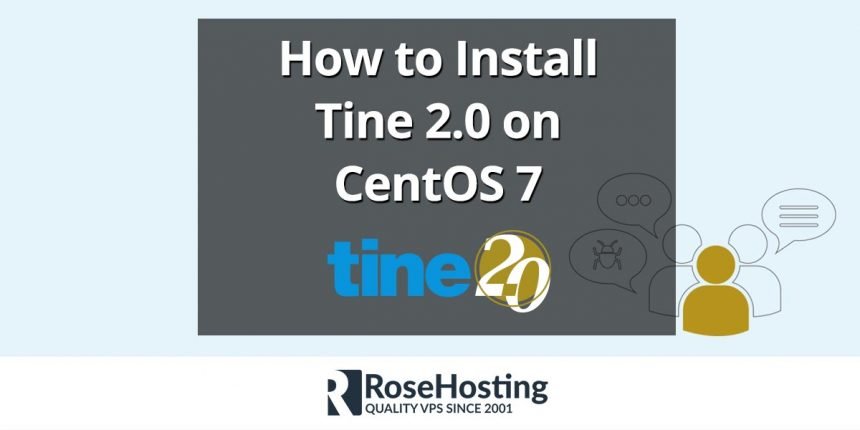

- #Will centos 7 support php 5.2 install#
- #Will centos 7 support php 5.2 software#
- #Will centos 7 support php 5.2 code#
#Will centos 7 support php 5.2 software#
Your language leads me to believe you still do not fully understand the principles of backporting software patches.
#Will centos 7 support php 5.2 code#
If that's too long for you to wait then you should purchase a RHEL license and benefit from the excellent support concomitant with that investment.ĬentOS generally do not fix packages, but rebuild the source code packages made freely available by Red Hat.

Normally updates are released within 24 hours, particularly when they are security related as opposed to bug fixes, enhancements or other non-security related errata. if I am to use an obsolete version of php, I'd at least like to know if security updates are added no later than a week after the official fix is released.ĬentOS aims to release all updates to the main product within 72 hours of their release upstream (by Red Hat). When new php security bugs are found, does it also take long for it to find it's way into 5.1.6? Since you state that centos developers have day jobs, etc. I have one last question before I end this discussion. I hope it doesn't take long for them to push the whole thing to the stable repository, but I just don't know how soon that happens. (1) sane mysql that does really work, and (2) repoclosure for all the repo's involved. There are currently two issues the developers need to resolve before this webstack stuff in testing can be released. In fact, the version of php 5.2 CentOS offers is compiled from upstream's RHWAS sources that you can download from: Users who cannot live with this scheme get the RHEL products and their support. This means that there can be delays and slow progress in certain areas depending on the availability of people's time and resources at hand. All developers and all community members donate their own free time to help in the CentOS project.

All CentOS developers have their day jobs. Luckily for you, Linux affords you that choice and you are totally free to choose whichever path best suits your needs, but generally it's not possible to have both.Ĭan you tell me why this process takes so long? Is it just that no one is interested in php 5.2.x? If you do not understand what that means or why it is important, then you probably don't need an Enterprise class OS such as CentOS and may prefer a bleeding edge distribution that always ships the latest and greatest versions of everything. That means keeping a stable ABI and API across any given major release so as to provide a stable platform on which the enterprise sector can develop applications and solutions for the lifecycle (7 years) of the product.
#Will centos 7 support php 5.2 install#
Seriously, rhetorical question, but would you install any software in a production environment without testing it yourself first?ĬentOS is an Enterprise class distro. Well, probably the best way for you to understand would be for you to install the latest version of PHP from source and see what it breaks. I would think that they would be in a better position to do such testing?

I just don't get why this needs to have separate testing from php's own. Why would everything not work on centos, is it common that stuff doesn't work on centos or?. Can you just tell me why centos doesn't just use the data that php gives them? Look at php for their bug repository, etc.


 0 kommentar(er)
0 kommentar(er)
